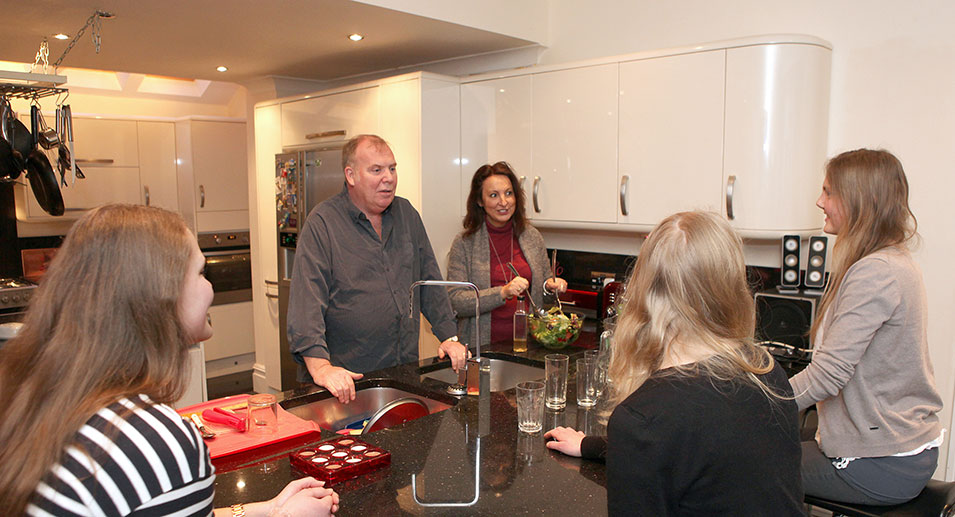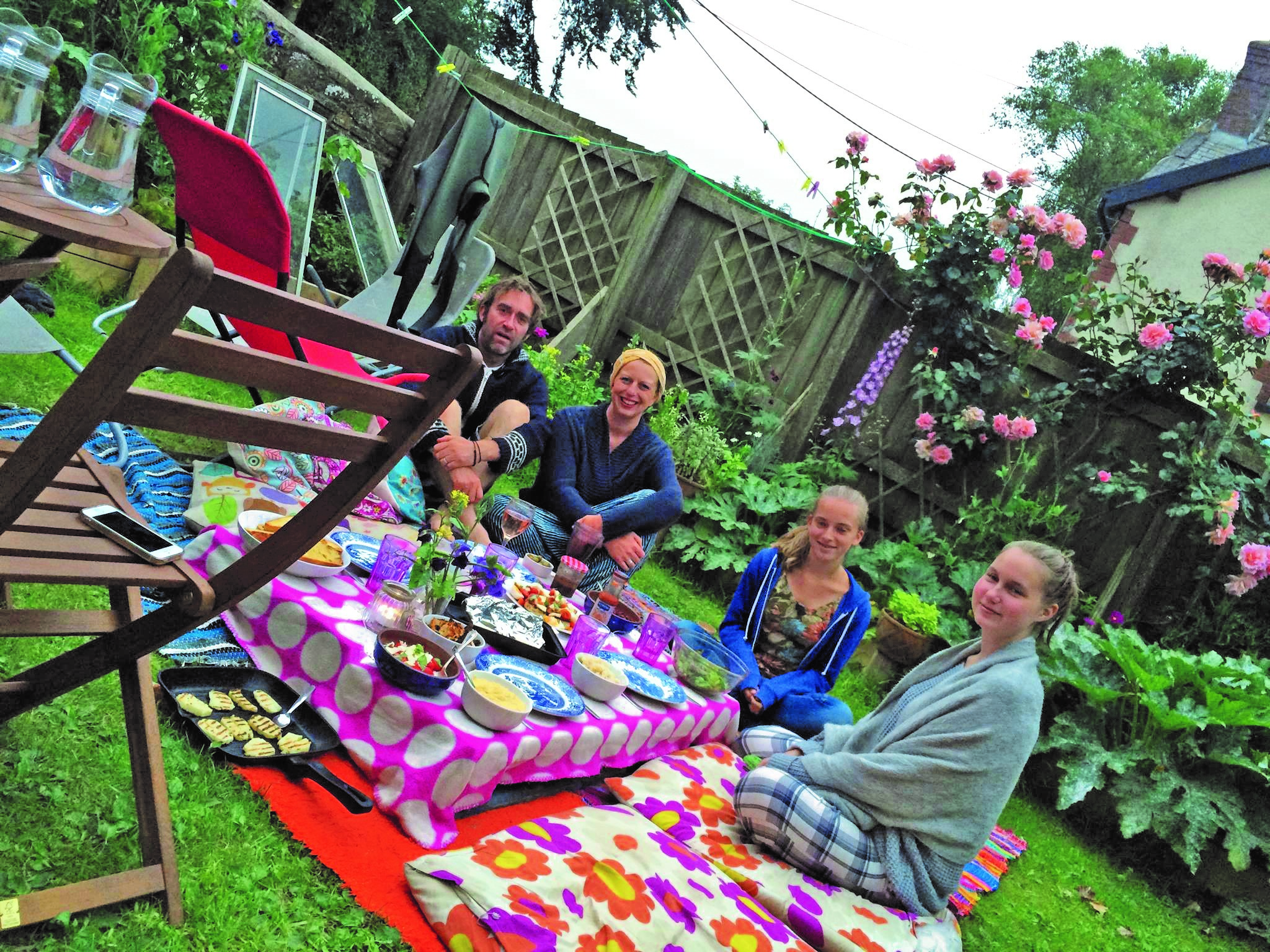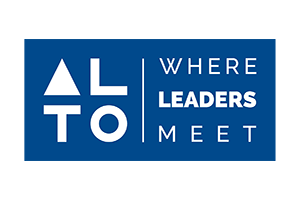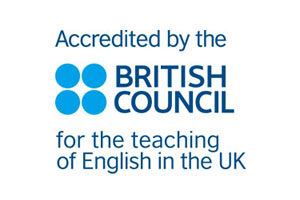Becoming a Homestay Host
For many parents and students, their allocated host family is definitely the most important thing for us to get right. We have students from many different nationalities and of all age groups so we are always looking for different types of host families. Some of our families have children at home, others are families who love animals and have pets and we also have some that don’t. Other families have older children who may have left home and who would like to offer their spare room. There is no fixed formula for how to be a good host family but we do know that our host families do a great job and our students really enjoy staying with them. Becoming a host family is very rewarding.
Student welfare is our primary concern, and with that in mind we are very selective when choosing which host families we work with and those we don’t. International students choose to stay in a family home instead of a student residence because they want to experience a friendly English family atmosphere, to be immersed in English culture and to improve their English speaking ability by mixing and interacting with the family they are staying with. They are not simply looking for a room in a house.
Our host families always tell us what a great experience it is for their whole family. Conversations around the dinner table reach far and wide and cover many topics including cultural differences, food, family life and what school is like here. We are always told by our students and host families that great memories are created and they stay in touch with each other for years and years. A few of our host families have also even created such great friendships that they have visited students and their families in their home towns and cities.



Useful Forms
General Information
Our students attend school here at our school in Bicclescombe park Monday to Friday 9am – 5pm. They have three scheduled evening activities a week and if they have come as part of a large group, they will occasionally go for an extra day trip on a Saturday with their group leaders. Students age from 6-17; you can specify the age range and gender that suits you and your family. Students arrive on a Saturday and are invited to a welcome talk at the school on a Sunday morning at 11:30 AM. Their time here range from one week – four weeks, with a minimum of two weeks in July and August.
Weekends
Weekends are the time to spend with your student and make them feel like one of your family. We refer to Sunday as a “family day” and we expect students to spend this day with their hosts. Whatever you would usually do on a Sunday, we ask you include your students. I.e., going for a dog walk, family movie time/board games etc. You don’t have to do anything special, just as long as they are included. Students will have their own spending money.
DBS Checks & Home Safety
All permanent residents and those residing in the property over any hosting period of the homestay household will be required to undertake a Disclosure and Barring Service (DBS) check with a satisfactory outcome. For additional safeguarding, you will require to provide the names of two referees who can fill out a short form for your suitability to host students.
To check the initial and continued suitability of the accommodation, the Accommodation Manager will visit the home when a new host is recruited and then every two years. Assessments will be recorded, and action taken on any concerns identified. Hosts will be required to provide a gas safety certificate that has been renewed annually.
Payments
Payments by bank transfer are made by the end of the first week of student arrival. Usually, money should have reached your account by the Friday of the first week.
if your student stays for more than 4 weeks, payments are done every two weeks.
Hosts can have a maximum of four students at one time. Some students have specific dietary needs and allergies. You can also decide if you wish to cater for these or not. If you do then you will receive an extra payment to compensate for needing to buy special food/ingredients.
Frequently Asked Questions
Testimonials
My children learned a lot about different cultures and nationalities. It was so lovely to see them playing together in the garden in the evenings.
We enjoy meeting children from other countries.
I stay in touch with many of my students. It’s a lovely way to make new friends, both with the students and their families and other host families
Hosting makes us get out and do more. I love the family days.
I was able to visit my family in Australia this year thanks to the money I earned from hosting. It really adds up!







